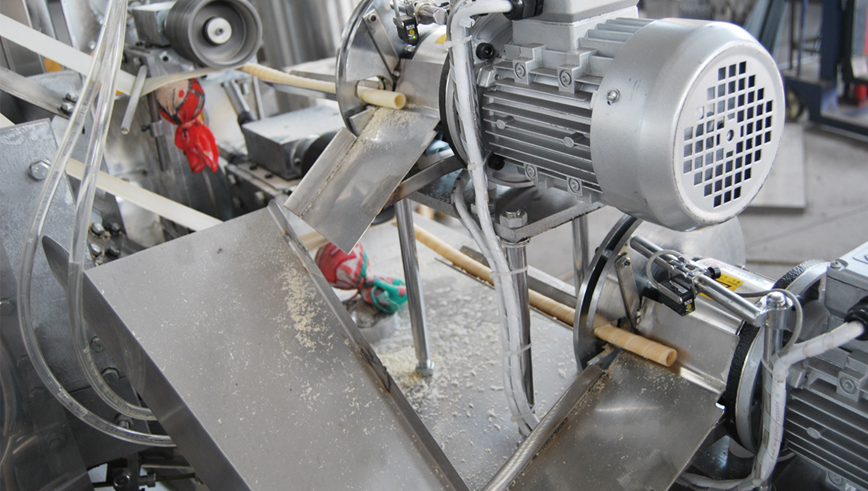1. Integration of Smart Technology
One of the most significant trends in baking production lines is the integration of smart technology. With the rise of the Internet of Things (IoT), many baking machines are now equipped with sensors and connectivity features that allow them to communicate with each other and with operators. This connectivity enables real-time monitoring of production processes, providing insights into machine performance, energy consumption, and potential maintenance issues.
Smart baking production lines also allow for remote troubleshooting and diagnostics, minimizing downtime and improving operational efficiency. Furthermore, predictive maintenance tools can help reduce the risk of unexpected machine failures, ensuring smooth production runs.
2. Energy-Efficient Ovens
As energy costs continue to rise and environmental sustainability becomes increasingly important, energy-efficient ovens are becoming a standard in modern baking production lines. Manufacturers have developed convection ovens, infrared ovens, and heat recovery systems that use less energy while maintaining optimal baking conditions. These systems reduce energy consumption without compromising the quality of the baked products.
Energy-efficient ovens also help bakeries lower their carbon footprint, contributing to environmental sustainability goals and appealing to environmentally-conscious consumers.
3. Customizable Production Lines
Flexibility is becoming a key requirement in the modern bakery industry. As consumer tastes evolve, bakeries need to be able to produce a wide variety of products, from traditional bread to gluten-free and vegan options. To meet this demand, many baking production lines are now customizable, allowing bakeries to switch between different recipes, sizes, and shapes with minimal adjustments.
These adaptable systems are ideal for bakeries that want to diversify their product offerings or cater to niche markets without investing in multiple separate production lines. Customizable production lines also improve scalability, allowing bakeries to increase production capacity as demand grows.

4. Automation and Robotics
Automation continues to evolve in the baking industry, with robots and artificial intelligence (AI) systems being integrated into production lines for tasks such as dough handling, shaping, and packaging. Robotics technology enhances precision and speed while reducing the risk of human error. Robots can handle repetitive tasks with greater consistency and are able to operate 24/7, making them ideal for high-volume production.
Furthermore, AI-driven systems can optimize production workflows, predicting demand patterns and adjusting production schedules to minimize waste and ensure products are always available when needed.
5. Focus on Hygiene and Cleanability
The importance of hygiene in the food industry cannot be overstated, and as consumer concerns about food safety rise, manufacturers are responding with innovations that prioritize easy cleaning and sanitation. Modular designs, smooth surfaces, and automated cleaning systems make it easier to maintain high hygiene standards in baking production lines, reducing the risk of contamination and increasing food safety.






























